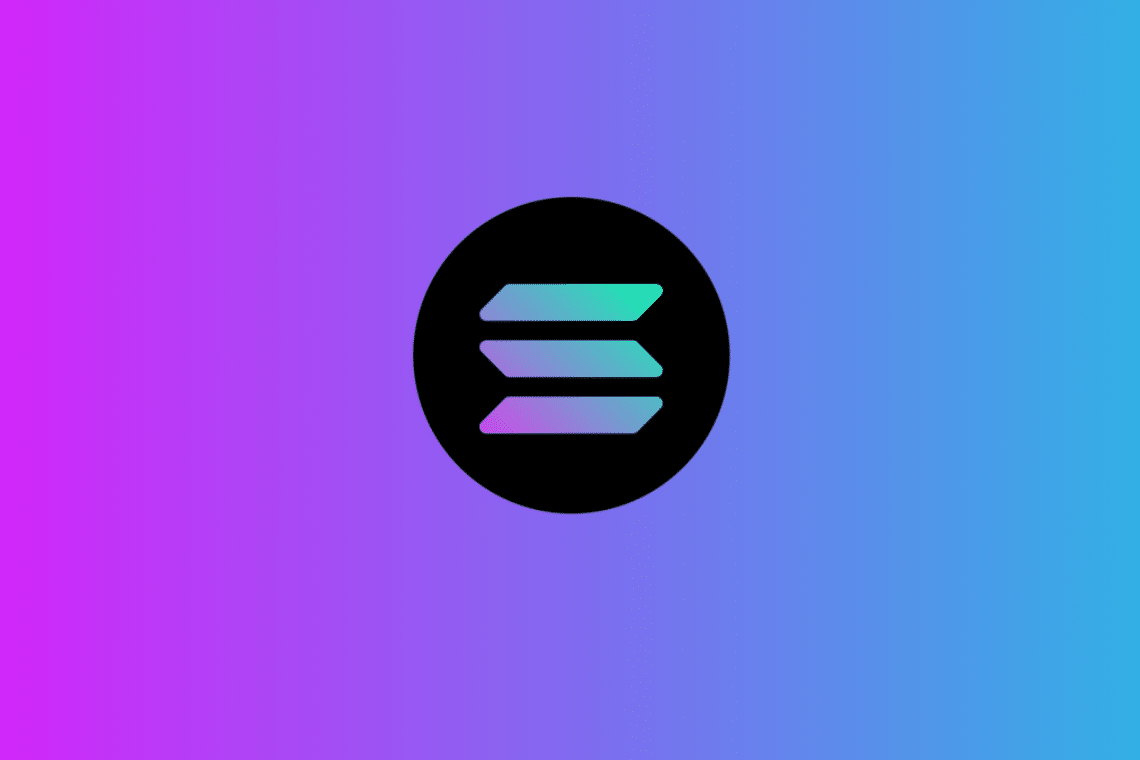Solana, at the forefront of blockchain innovation, has launched a transformative update: the token extensions that enhance token programmability on its platform.
Developed by the Solana Foundation, this cutting-edge enhancement allows developers to establish complex rules, improving compliance controls and reshaping the token development landscape.
Summary
Solana presents “token extensions” to improve compliance in token development
Solana has finally officially launched the long-awaited “token extensions”, an innovative update to the SPL token standard.
Developed over the course of a year and previously known as Token-2022, this enhancement introduces a higher level of programmability for tokens on the Solana blockchain.
Managed by the Solana Foundation, this important update is set to revolutionize compliance checks for companies developing tokens on the Solana platform.
Token extensions allow developers to give their tokens specific rules that govern their ownership and usage.
In a statement released on Wednesday, the Solana Foundation highlighted the vital role of token extensions in facilitating greater compliance for companies involved in token creation.
The versatility of token extensions allows companies to incorporate a myriad of functionalities into their tokens, including, but not limited to, whitelisting, automatic transfer fees, and transfer privacy.
Stablecoin issuers can benefit from this progress
Stablecoin issuers, in particular, can derive significant benefits from this progress. Important entities such as Paxos and GMO Trust are already leveraging token extensions to issue stablecoins on the Solana blockchain, demonstrating the practicality and relevance of this upgrade in the realm of stablecoin development.
The token extensions introduce five distinctive features, providing developers with a customizable toolkit for implementation.
The transfer hooks, a fundamental component, invoke a program every time a token is transferred, examining the eligibility of the transfer and revoking it if deemed ineligible.
The automatic transfer fees represent another innovative aspect of token extensions.
Unlike NFT royalties, which have encountered difficulties in enforcement, the fees implemented through token extensions cannot be bypassed.
This feature ensures a seamless and non-negotiable commission structure for every token transfer.
Confidential transfers, powered by zero-knowledge proofs, enhance privacy in token transactions.
While observers can identify the sender and recipient addresses, the specific payment amounts remain hidden, enhancing privacy and security.
The permanent delegated authority is a unique offering that allows token issuers to maintain control over their tokens even after issuance.
This level of control is particularly valuable for stablecoins, securities tokens, and credentials, as it offers issuers the ability to transfer or destroy tokens independently of the current holder.
The non-transferability feature, the latest extension, limits token holders from sending their assets to different wallets. This aspect has significant utility in credential scenarios, ensuring the integrity and security of tokenized credentials.
Conclusions
In conclusion, the use of “token extensions” by Solana emerges as a paradigm-shifting progress in blockchain technology.
By providing developers with a sophisticated toolkit to embed specific rules into tokens, Solana has not only increased the programmability of its platform, but has also ushered in a new era of compliance and control.
The various features offered, from transfer hooks and automatic transfer fees to private transfers and non-transferability, embody Solana’s commitment to innovation.
As companies are increasingly grappling with regulatory challenges, Solana token extensions offer a timely and indispensable solution, ensuring optionality in a dynamic regulatory environment. The success of integrating these extensions by stablecoin issuers such as Paxos and GMO Trust underscores their practicality and relevance in real-world applications.
With constant attention to privacy, security, and issuer control, Solana has strengthened its position as a pioneer in the ever-evolving landscape of blockchain development.
The transition from Token-2022 to real-time distribution of token extensions represents not only a technological milestone, but also a strategic move towards promoting a compliant, secure, and programmable future for tokenized assets on the Solana blockchain.




